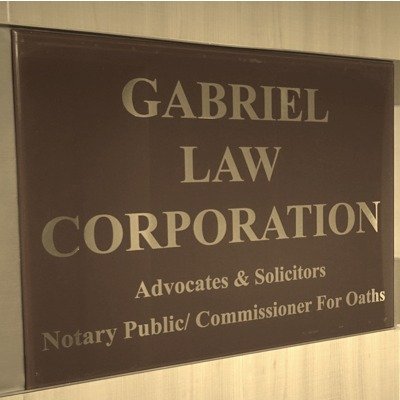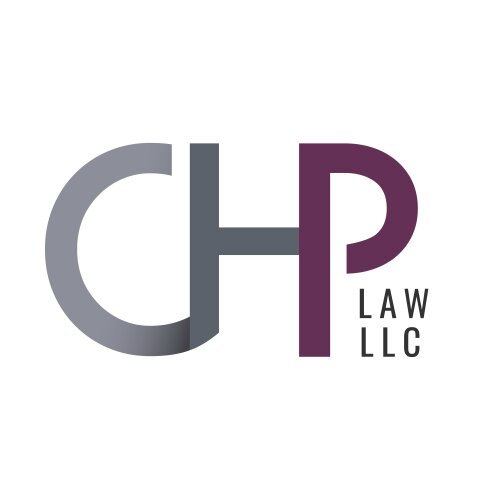Best Debt & Collection Lawyers in Raffles Place
Share your needs with us, get contacted by law firms.
Free. Takes 2 min.
List of the best lawyers in Raffles Place, Singapore
Singapore Debt & Collection Legal Questions answered by Lawyers
Browse our 1 legal question about Debt & Collection in Singapore and read the lawyer answers, or ask your own questions for free.
- Debt collection
- I am based in Singapore and hold a Singaporean passport. However, I have a debt to claim from someone in the Philippines, Lipa City, Batangas.
-
Lawyer answer by Yuen Law LLC
Thank you for reaching out to our firm. May we know the size of the claim, and how it arose?
Read full answer
About Debt & Collection Law in Raffles Place, Singapore
Raffles Place, being the financial hub of Singapore, sees a significant number of cases related to Debt and Collections. In Singapore, the process of debt collection is governed by several laws such as the Moneylenders Act, the Bankruptcy Act, and the Insolvency, Restructuring and Dissolution Act. These laws provide protections both for creditors seeking to recover debts and for debtors facing financial hardship, ensuring a fair and regulated process for debt recovery.
Why You May Need a Lawyer
Legal assistance may be required in several circumstances. If you are a creditor, a lawyer can guide you in the appropriate methods to recover your debts and help you navigate through the legal complexities involved. As a debtor, you may need a lawyer to understand your rights, responsibilities and legal options to manage your debts. If you are facing legal action from a creditor or harassment from collection agencies, a lawyer can offer legal defense and consult on measures to protect you from unlawful practices.
Local Laws Overview
The primary governance for Debt and Collection laws revolves around the Bankruptcy Act and the Insolvency, Restructuring and Dissolution Act in Singapore. The latter consolidates personal and corporate insolvency laws into one legislation and introduces new frameworks to better manage insolvency, winding up, and debt restructuring. The Moneylenders Act also governs the practice of money lending and provides regulations for licensed moneylenders in debt recovery. Using harassment or intimidation tactics for debt collection is considered illegal under the Protection from Harassment Act.
Frequently Asked Questions
What are the consequences of not repaying debts?
Failure to repay debts can lead to legal actions such as a lawsuit. If the debt is substantial, it can also lead to the commencement of bankruptcy proceedings against the debtor.
What rights do debtors have?
Debtors have the right to be treated with fairness and respect. They cannot be harassed or intimidated for debt recovery. Legal remedies are available for debtors facing difficulties in managing their debts.
Can a debt be written off in Singapore?
Debts are not automatically written off in Singapore. However, under certain circumstances, such as filing for insolvency or undergoing a debt restructuring plan, certain debts may be discharged or restructured.
What actions can creditors take to recover debts?
Creditors can take legal action to recover debts, including legal proceedings and bankruptcy or insolvency proceedings. However, they must follow the stipulated laws and regulations.
How can I prevent harassment from debt collectors?
If you're facing harassment from debt collectors, legal remedies are available. The Protection from Harassment Act protects individuals from unlawful harassment, including by debt collectors.
Additional Resources
The Ministry of Law provides information and resources regarding debt collection and insolvency laws in Singapore. The Legal Aid Bureau offers legal advice and assistance for individuals facing financial hardship. The Credit Counselling Singapore (CCS) offers advice and counselling for individuals dealing with debt issues.
Next Steps
If you are dealing with issues related to Debt & Collection, it's advisable to consult a lawyer to understand your rights and options. Depending on your situation, they may advise on debt management, bankruptcy matters, negotiations with creditors or legal proceedings. Ensure that your lawyer is well versed with Debt & Collection laws specific to Singapore for best outcomes.
Lawzana helps you find the best lawyers and law firms in Raffles Place through a curated and pre-screened list of qualified legal professionals. Our platform offers rankings and detailed profiles of attorneys and law firms, allowing you to compare based on practice areas, including Debt & Collection, experience, and client feedback.
Each profile includes a description of the firm's areas of practice, client reviews, team members and partners, year of establishment, spoken languages, office locations, contact information, social media presence, and any published articles or resources. Most firms on our platform speak English and are experienced in both local and international legal matters.
Get a quote from top-rated law firms in Raffles Place, Singapore — quickly, securely, and without unnecessary hassle.
Disclaimer:
The information provided on this page is for general informational purposes only and does not constitute legal advice. While we strive to ensure the accuracy and relevance of the content, legal information may change over time, and interpretations of the law can vary. You should always consult with a qualified legal professional for advice specific to your situation.
We disclaim all liability for actions taken or not taken based on the content of this page. If you believe any information is incorrect or outdated, please contact us, and we will review and update it where appropriate.










